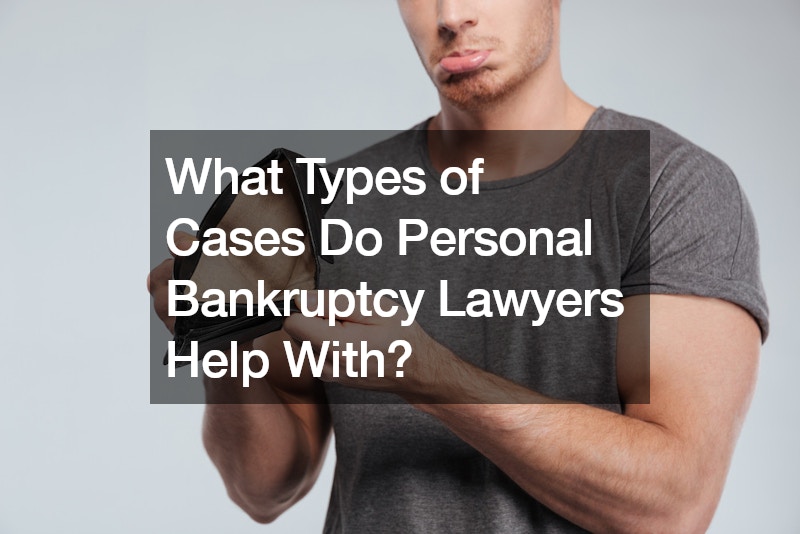
When faced with the prospect of bankruptcy, you’re bound to feel a ton of anxiety and disappointment. This is especially true for those who have a lot of burning questions, such as ‘Do you have to go to court to file bankruptcy?’ or ‘How to look up bankruptcy case?’ Thus, if you’re looking to break free from these vicious cycles of worry and finally do something about it, you should consider working alongside a reputable bankruptcy filing attorney.

These professionals spend their days collecting evidence and documents to support your case in court. Therefore, this is an invaluable resource for those with a straight bankruptcy who are keen to get their lives back on track. Plus, a lot of these workers have the ability to search bankruptcy filings, which is good to note if you want to use your previous history to defend your current situation. As a result, this article will explore everything you need to know about bankruptcy and how it can affect your financial future. This piece will also provide you with a plethora of useful tips and tricks to help you find the best bankruptcy attorney for your lifestyle and budget.

Do you have bills piling up? Are you having trouble paying your rent or mortgage because of debt? Have debt collectors called you on a regular basis for months? If you answered yes to any of these questions, you may be considering declaring bankruptcy. While the word bankruptcy sounds frightening to many who have debt, this status can actually be a relief if the debt has become insurmountable.
Before working with one of the bankruptcy lawyers in your area, it’s important to know what you can expect from his or her services. Personal bankruptcy lawyers can ensure that you follow every step of the process and comply with the law. Here are a few questions you may have before you get started.
What is the difference between Chapter 7 and 13 bankruptcy?
Chapter 7 and Chapter 13 bankruptcies are both forms of personal bankruptcy, getting their names from the bankruptcy laws in the U.S. They differ from Chapter 9, which is a municipal bankruptcy, and Chapter 11, which is a business bankruptcy.
Chapter 7 is a liquidation, meaning that the person filing will sell off their assets in order to pay off their debt. This type of bankruptcy will essentially dissolve the debt, so it no longer exists. This form of bankruptcy can have a very negative effect on a person’s credit score, though, and can stay on a credit report for up to 10 years.
Chapter 13 bankruptcy, however, offers the person filing a way to pay down his or her debt. This form of bankruptcy might make it easier for a person to salvage assets like a house or a car. It can still take time to rebuild credit after any type of bankruptcy filing, though.
How much do Chapter 7 and Chapter 13 bankruptcy cost?
In the United States, a Chapter 7 bankruptcy, which takes around six months to complete, costs $306 to file. Chapter 13 bankruptcy is more expensive and costs around $1,500 to $3,000 to file and complete in the U.S. The cost of working with bankruptcy lawyers will vary from case to case. This is an important aspect of a filing, though, because without one, it is likely that the individual filing will make a mistake and get his or her case thrown out of court.
Which option is best for me?
Unfortunately, there really isn’t a “right” answer for everyone here. The type of bankruptcy filing you chose is up to you. The best way to figure out if Chapter 7 or Chapter 13 is right for you is to contact a qualified bankruptcy attorney who can assess your situation.
Have more questions about bankruptcy? Be sure to speak with a lawyer. He or she can give you advice that pertains directly to your situation. If you’d like more suggestions, leave a comment below. More on this.
